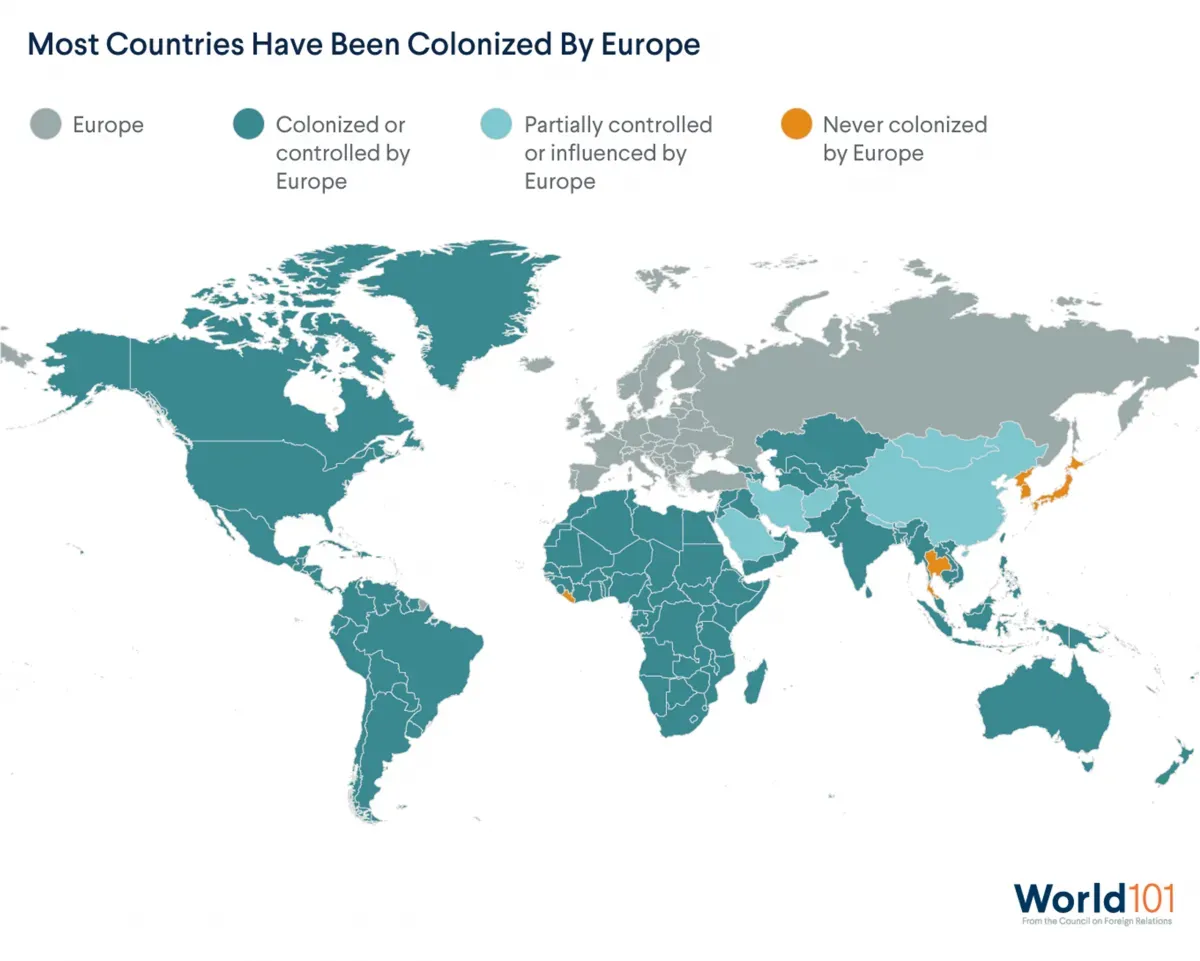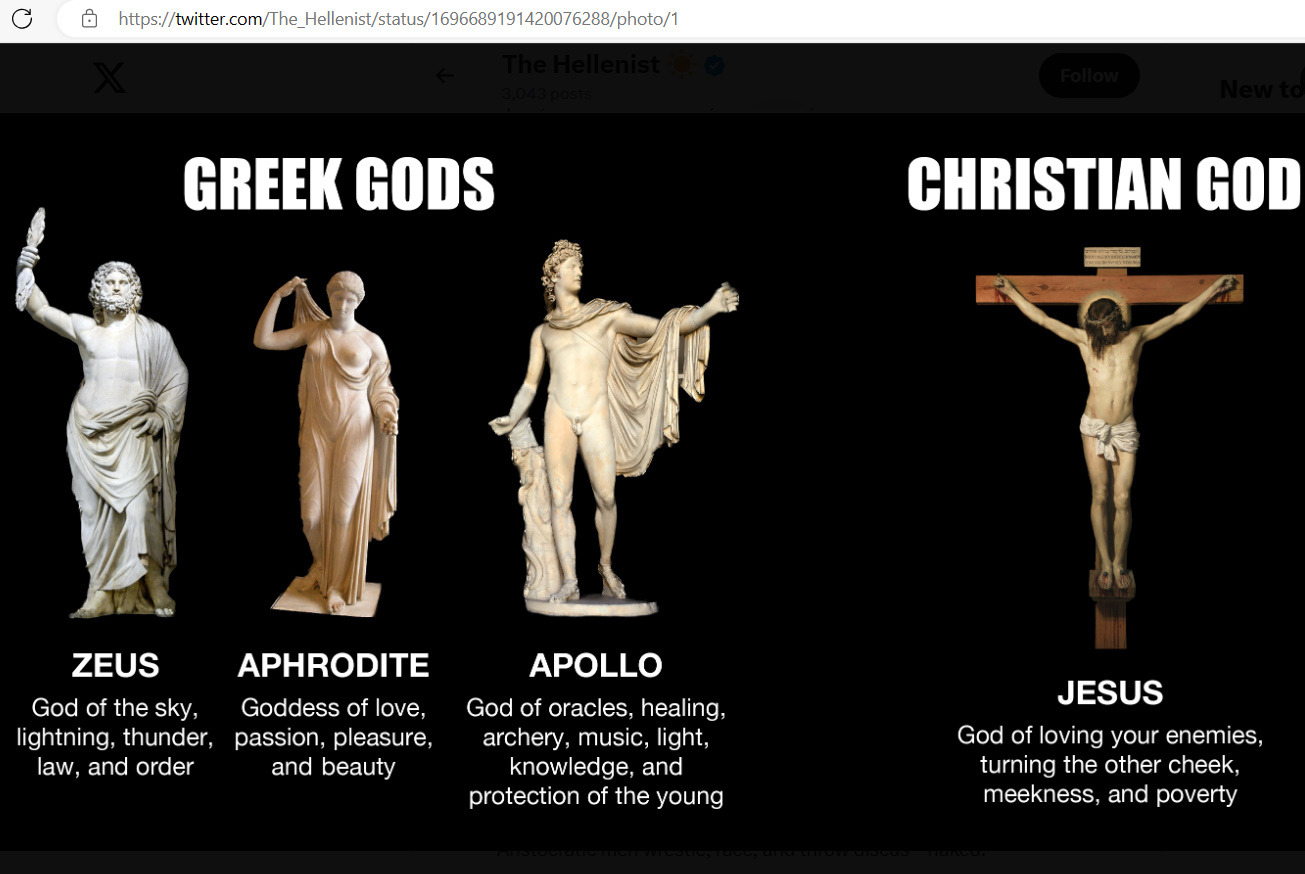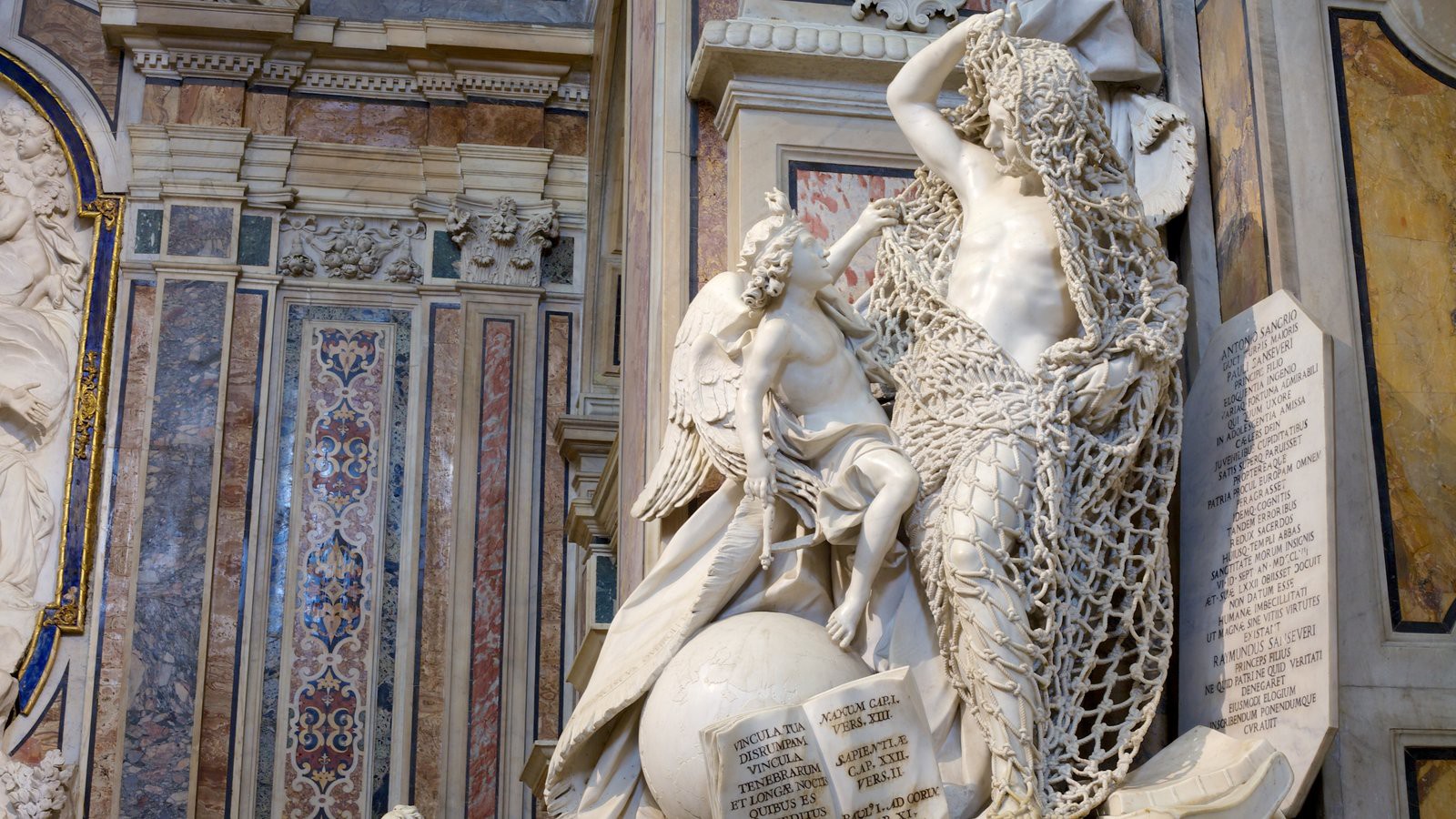Posted by: antihellenistic
« on: April 15, 2024, 02:09:04 am »Quote
Robert Wright, in his popular book, Non-Zero, The Logic of Human Destiny (2000) brings up the research findings of evolutionary psychologists who have absorbed the findings of sociobiologists to argue “that human beings naturally pursue social status with a certain ferocity. We all relentlessly, if often unconsciously, try to raise our standing by impressing peers.” This drive for prestige has been “the impetus behind cultural evolution.” Wright thus challenges the Rousseauite-Marxist idea that stratification, competition, and the pursuit of high status only emerged with the rise of an economic surplus and private ownership of resources. He also challenges what he calls the “equilibrium fallacy,” which is the claim that societies change – as Harris and Sanderson argue – only when external forces compelled its inhabitants to change. While Wright acknowledges the obvious effects of environmental circumstances and demographic pressures on the rate of social change, he states rather bluntly that the “arrow of human history begins with the biology of human nature” (18–53). The struggle for status within societies, warfare between tribes, and the struggle against scarcity have been a common feature of all societies. Thus, while Wright admits that geographical conditions explain why agriculture, chiefdoms, and civilizations arose in some areas before others, he maintains that ultimately the why of social evolution, and the “creative” progression of history, is the “unsocial sociability” of human nature (68–77).
The term “unsocial sociability” comes from Immanuel Kant, and Wright employs it in support of his thesis that “there is a universal human nature” on “every continent” of the world. Wright highlights the “paradoxical” meaning of this Kantian term in the way it speaks of human greed and vanity as being responsible for the suffering and awfulness of historical change as well as its creativity. He cites Kant’s well-known observation in the “Idea for a Universal History with a Cosmopolitan Purpose” that without their “a social qualities,” that is, without their desires for honor, property, and status, humans
would live an Arcadian, pastoral existence of perfect concord, self-sufficiency and mutual love. But all human talents would remain hidden forever in a dormant state, and men, as good-natured as the sheep they tended, would scarcely render their existence more valuable than that of their animals…[T]he end for which they were created, their rational nature, would be an unfulfilled void. Nature should thus be thanked for fostering social incompatibility, enviously competitive vanity, and insatiable desires for possession or even power (27–8)
Kant, I would add, was voicing a well-established idea in the Western canon.31 A few decades before Kant, Turgot had written, in 1750, a short sketch on world history, which pointed as well to “self-interest, ambition, and vainglory” as the driving “mechanisms” of progress. Before Turgot, Giambattista Vico had pondered on the ways in which Providence seemed to have employed the avaricious passions of men in the creation of the very civil institutions that were indispensable for the advancement of civilized life.32 We could indeed go deep into the Western past to find Christian thinkers such as Tertullian, Eusebius, and Origen all writing of human greed, pride, and aggression as inescapable components of historical improvement. It was with solemn eyes that these philosophers looked at the violent making of Rome’s “perpetual peace” as an indispensable reality that made possible the spread of the Christian message of the “unity of mankind” (Dawson 1935).
Later I shall argue that the concept of “unsocial man” was articulated by Western philosophers out of the historical experience of the West’s singular exhibition of a pattern of progression amidst much strife and aggression. In this respect, this term, even though it was articulated as a universal principle, should not be seen as a universal principle detachable from the unique experience of the West. I shall also argue that the unsocial behavior of big men cannot be fully understood within the theoretical ambit of evolutionary psychology or sociobiology. The self-assertive longing for “prestige,” “respect,” and “fame” are no doubt genetically-based traits which evolved in response to long periods of adaptive selective pressures. But I will argue that the pursuit of prestige needs to be examined as a psychosomatic or mental disposition on the part of humans to achieve validation and recognition from other human beings. I will also argue that this disposition assumed a heightened, more intensive expression amongst the aristocratic culture of the Indo-European speakers who gradually infiltrated Europe after 4000 BC. The “noblest” ideal of Indo-European aristocratic warriors was the pursuit of prestige through the performance of heroic acts in proud contempt for one’s biological survival.
The point I want to emphasize now is that the Western idea of progress is incompatible with the belief that human nature is “good” and that all change is for the best in this world. As we learn from Bernard Mandeville’s provocative book The Fable of the Bees (1723), the innocence of manners of people living an Arcadian existence cannot be reconciled with the “worldly greatness” of civilizations. A society of people living peacefully in a friendly and easy style would be the safest and “happiest,” but it would also be stagnant. The teaching of Western civilization, seen from this perspective, does not require that we leave out its deplorable aspects, but neither does it require that we ignore the ways in which this exceptionally agonistic culture cultivated religious tolerance, human rights, and science. The force that made progress possible in history, as Western thinkers long realized, was not some initial state of tranquility and goodness, but the “tumultuous and dangerous passions” of man. These were the passions that Christian theologians believed had brought an end to the mythical world of Adam and Eve. Humans were not rational and free at the beginning of history. As Hegel liked to remind his readers, God ratifies Satan’s prophesy after Adam has eaten the forbidden fruit: “Look, Adam has become like one of us, and knows what is good and evil” (in Rosen 1974:. Adam and Eve were happy in paradise but they had not yet asked the reason why they were happy, what the good life was. They were not human, for they had not achieved anything, had not worked, and had not disciplined their basic instincts. Paradise is for beasts.
Nisbet thinks that the myth of a past ‘Golden Age’ characterized by peacefulness and happiness is inconsistent with the idea of progress since this myth would perforce require one to view all subsequent history in terms of decay and decline. Thus, in his effort to argue that ancients and Christians alike already held a conception of progress on earth – against J.B. Bury’s (1932) classic statement that the whole notion of progress was strictly modern – Nisbet downplays ancient beliefs of a golden age. He argues that the ancients, by and large, saw the original condition of humanity as one of wickedness, ignorance, and scantiness. Nisbet manages to show (in part) that some ancient individuals did envision man’s early condition as “brutish” and “barbarous.” He does show as well that ancients sometimes wrote of historical stages marked by earlier times that were “simple” and impoverished as compared to later times that were stable and more advanced in knowledge. Still, I am not convinced that, for the Greeks and Romans, history exhibited a meaningful progressive pattern leading to a future goal in light of which events in the past could be seen. What Nisbet shows is that some contemporaneous Greeks had a sense of the superiority of their Athenian culture over other “barbaric” peoples living in primitive want. I agree with Bury, R.G. Collingwood (1975), and Karl Löwith (1949) that the Greek conception of history was ultimately periodic and repetitive. They – Herodotus, Thucydides, and Polybius – did not anticipate anything really new in the future; they generally held that it was “the nature of all things to grow as well as to decay.”
The myth of a golden age is reasonably consistent with the idea of progress. The myth that there was once a golden age, which gave way to strife and hardship, expresses the realization that the noblest accomplishments of humanity are fatefully connected with turmoil, suffering, and vanity. It is interesting that the very first instance in which Nisbet (6-18) detects the idea of progress in Greek times is in reference to the legend of Pandora’s Box, which suggested that all the evils of the world originated in Pandora’s desire to know the contents of the box she had been prohibited to open. When she did open the chest, as the myth tells us, the insects of avarice, cupidity, cruelty, and conflict flew out. Pandora had belonged to the first mortals on earth who lived in a state of perfect innocence and bliss. Hunger and death were unknown; the gods had forbidden her to open the box, but she refused to comply in that “she had to know what was in the box” (Hamilton 1969: 70). Without getting into some of the conflicting interpretations of this myth, it can be reasonably said that a suggested meaning of this myth is that the pursuit of knowledge constitutes an act of defiance signaling a loss of innocence and childhood contentment. Moving beyond a state of eternal tranquility, and exercising one’s faculties, necessarily entails certain human dispositions: rebelliousness, daring, risk-taking, or what Kant called the “unsocial sociability” of human nature.
Source :
The Uniqueness of Western Civilization by Ricardo Duchesne page 38 - 42







